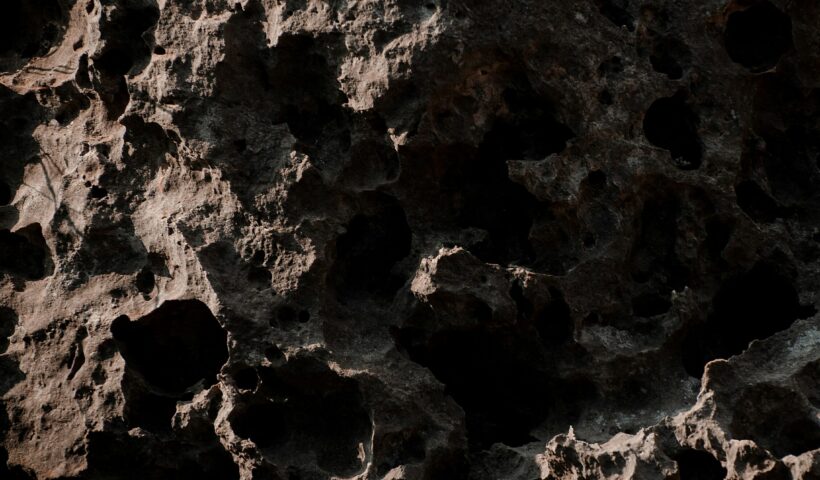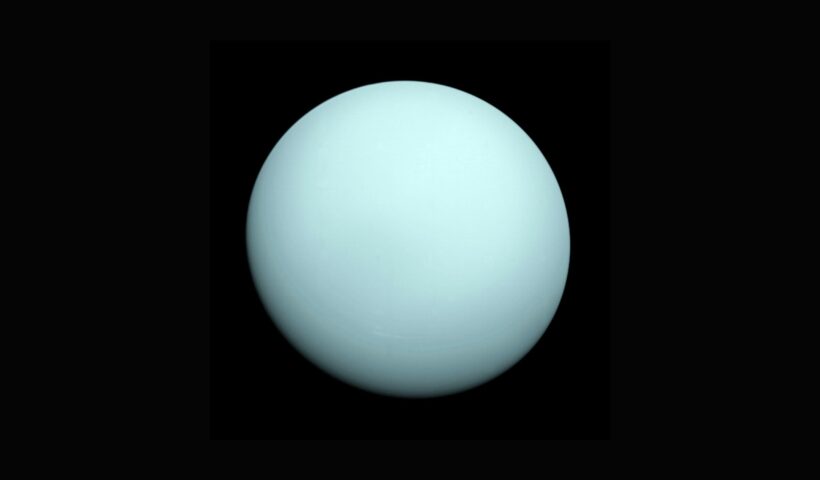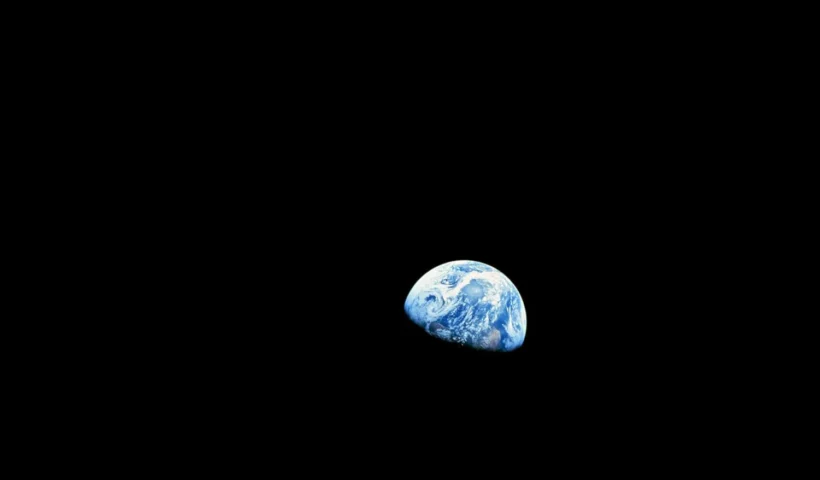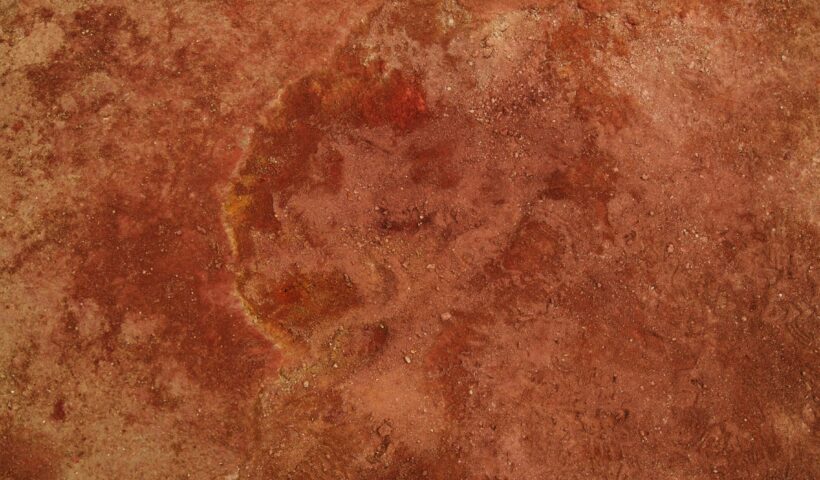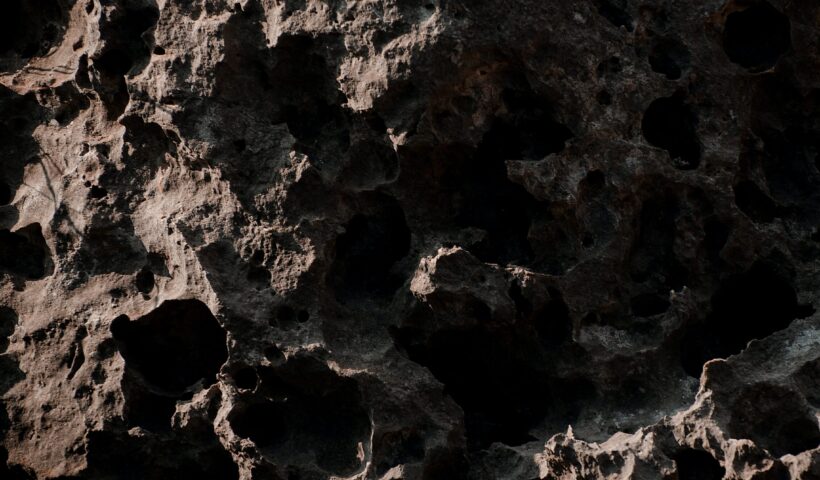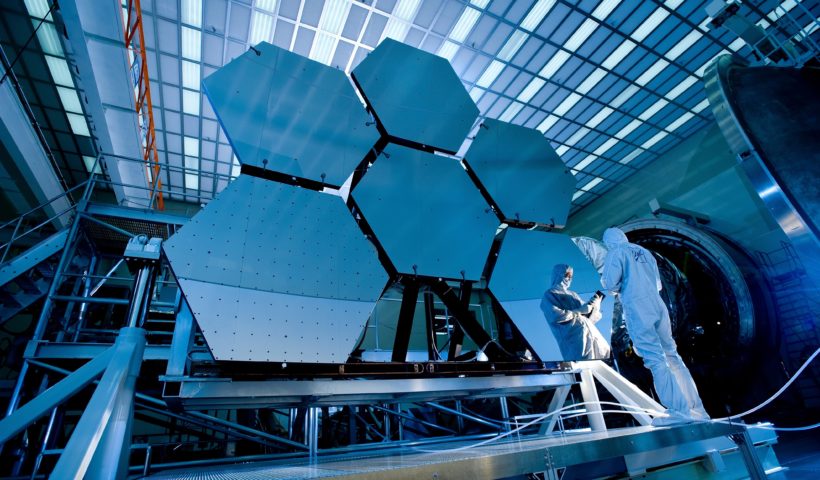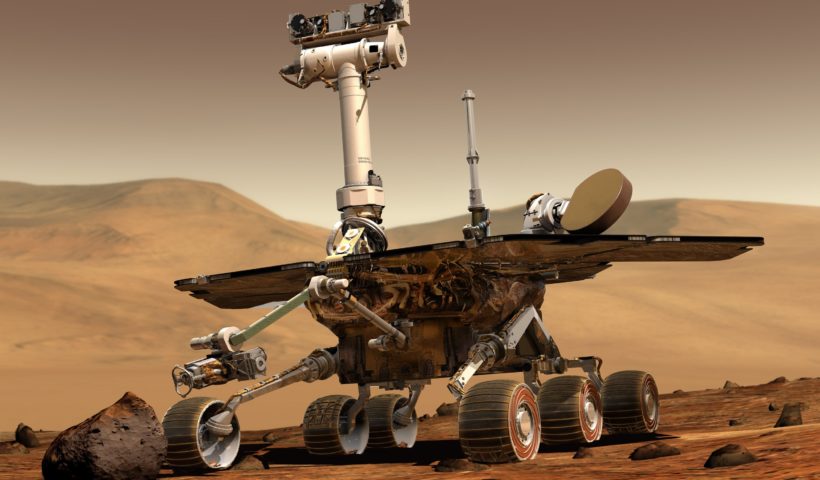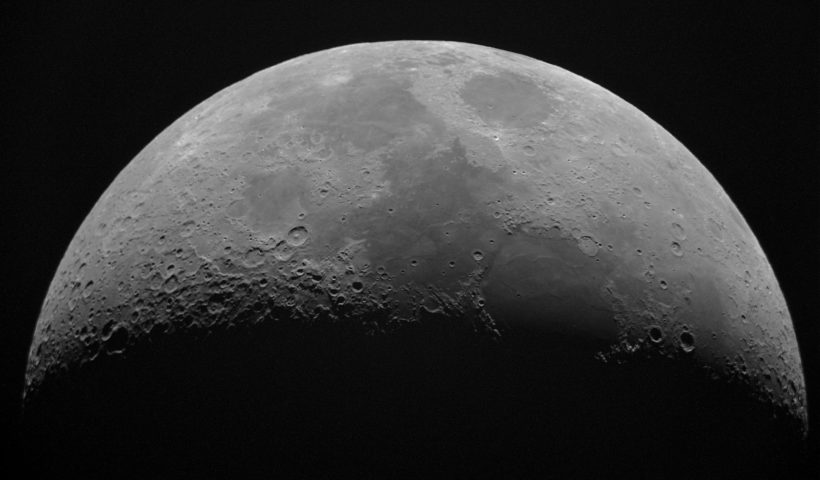Asteroid samples collected by NASA’s OSIRIS-REx not only contain the pristine building blocks for life, but also the salty remains of an ancient water world. The spacecraft was able to help unlock these discoveries because it collected samples directly from the asteroid and carefully preserved them on the way back to Earth. These findings support the idea that asteroids delivered the building blocks of life to our planet early in its history, and may have delivered them elsewhere in the solar system. The success of this mission justifies the development of future sample retrieval missions to other cosmic bodies within our solar system.
View More Returned Asteroid Samples Suggest the Building Blocks for Life are Scattered Across the UniverseTag: NASA
Uranus Isn’t Actually That Weird: New Research Suggests Potential for Life on the Distant Planet
When Voyager 2 became the first and only mission to fly by Uranus in 1986, the data collected by the probe defined the way astronomers understood the ice giant for the next 40 years. However, a new study published suggests Voyager 2 just happened to zoom by the distant planet on a particularly weird day. These findings mean it might be easier for future missions to search for oceans beneath the surface of Uranus’ moons. This study reminds us that not only are we constantly making new discoveries, but that discoveries we considered facts are ever changing.
View More Uranus Isn’t Actually That Weird: New Research Suggests Potential for Life on the Distant PlanetA Long Way From Home: Starliner Crew’s Extended Stay in Space
On June 5, the spacecraft Starliner, docked at the ISS. Starliner transported Suni Williams and Butch Willmore who were originally scheduled for an eight day mission. However, the duo did not return with Starliner as planned. Instead, they will stay on the ISS for an extra eight months, joining NASA’s Crew 9 to complete Expedition 72. Their last minute addition to the team is fortunate, but is ultimately a result of irresponsible engineering.
View More A Long Way From Home: Starliner Crew’s Extended Stay in SpaceHouston, We Have a Problem
Starliner’s long-awaited Crew Flight Test will finally happen on May 6. Starliner is the Boeing-produced capsule that will hold the astronauts on their journey to the International Space Station. Although the launch date is set in stone, the constant malfunctions that have plagued Starliner and Boeing’s declining credibility indicate that a further delay would be the safest thing to do to ensure the crew’s safety.
View More Houston, We Have a ProblemThe Legacy of NASA’s Ingenuity
After three successful years, the Mars helicopter Ingenuity has just taken its last flight. During a landing, a brief loss of communication with the chopper occurred, only for the vehicle to resume communications the next day with a damaged rotor blade. Being the first helicopter to operate on another planet, Ingenuity is a trailblazer in more ways than one. However, budgetary constraints leave the future of additional Marscopter missions up in the air.
View More The Legacy of NASA’s IngenuityNASA’s “Asteroid Autumn” Reveals the Future of the Space Industry
This “Asteroid Autumn,” NASA has made significant steps forward in three of their asteroid-focused space missions. On September 24, 2023, OSIRIS-REx successfully returned an estimated half-pound sample of asteroid rock. Psyche, launched on October 13, will travel out to examine the metal-rich asteroid 16-Psyche. Finally, on November 1, Lucy flew by her first asteroid out of the twelve along her planned trajectory. These missions highlight the growing interest in identifying and collecting the resources found in space. The economic and political advantages gained from access to space resources will shape the future of the space industry.
View More NASA’s “Asteroid Autumn” Reveals the Future of the Space IndustryThe James Webb Space Telescope’s Cloud of Controversy
With the James Webb Space Telescope’s recent launch, professional and amateur astronomers alike will soon have access to images of the first formations of stars and galaxies in our universe. But will the history of the telescope’s namesake cast a shadow over its potential discoveries?
View More The James Webb Space Telescope’s Cloud of ControversyImplications of Interplanetary Translocation
The recent successful landing of NASA’s Perseverance rover on Mars gives us cause to consider the extent to which we are ethically obligated to prevent the “contamination” of other planets with earthly life.
View More Implications of Interplanetary TranslocationNot My Space Administration
Microbial and mechanical contamination of other planets is an ethical risk versus reward battle that the National Aeronautics and Space Administration (NASA) grapples with each mission. Humankind strives to explore and discover, but potentially at the expense of ecosystems apart from our own. Humanity must evaluate the consequences of planetary contamination, as we are the only known species with access to the external universe. There is an imminent responsibility to preserve and protect outer worlds and be noble in our quest in conquering the final frontier.
View More Not My Space AdministrationMoonshots: Unrealized Promise and Waning Public Interest
3/9/2020 In July 1969, Neil Armstrong became the first man to walk on the moon. A truly magnificent engineering feat, the moon landing sparked wonder…
View More Moonshots: Unrealized Promise and Waning Public Interest
